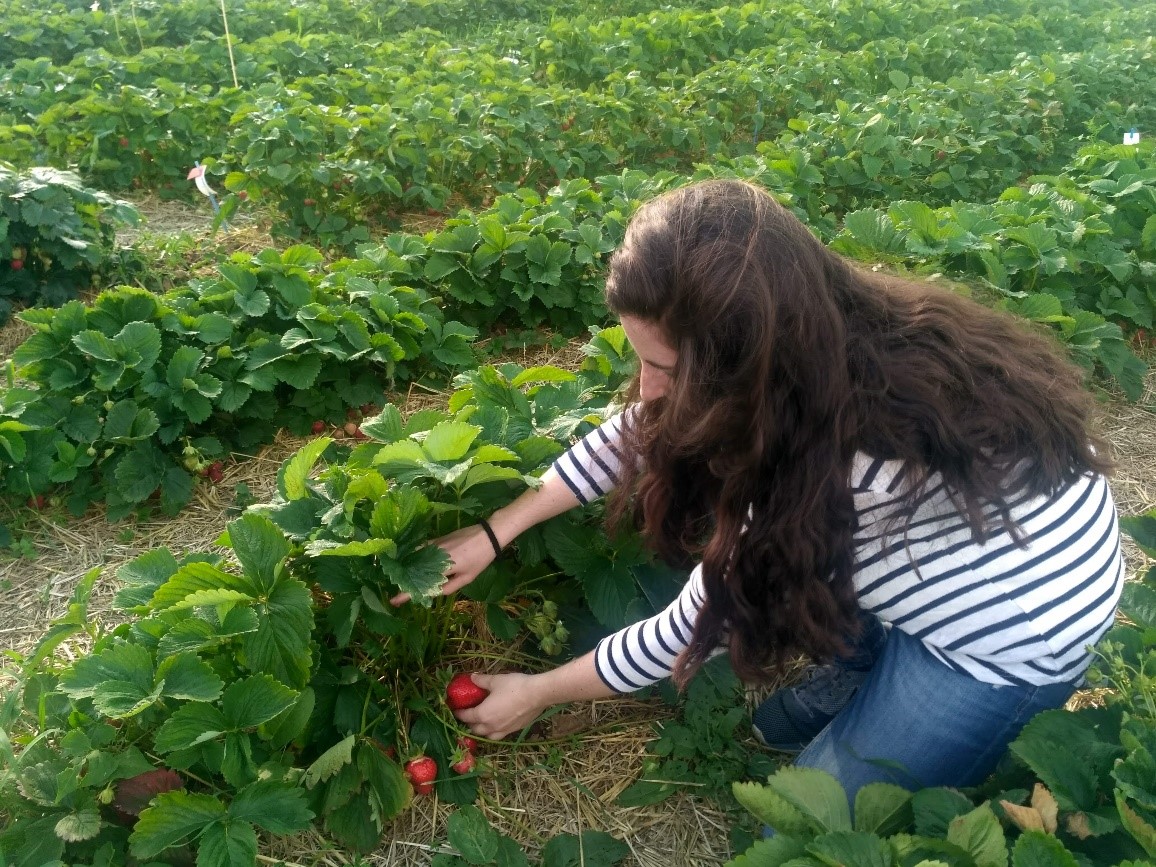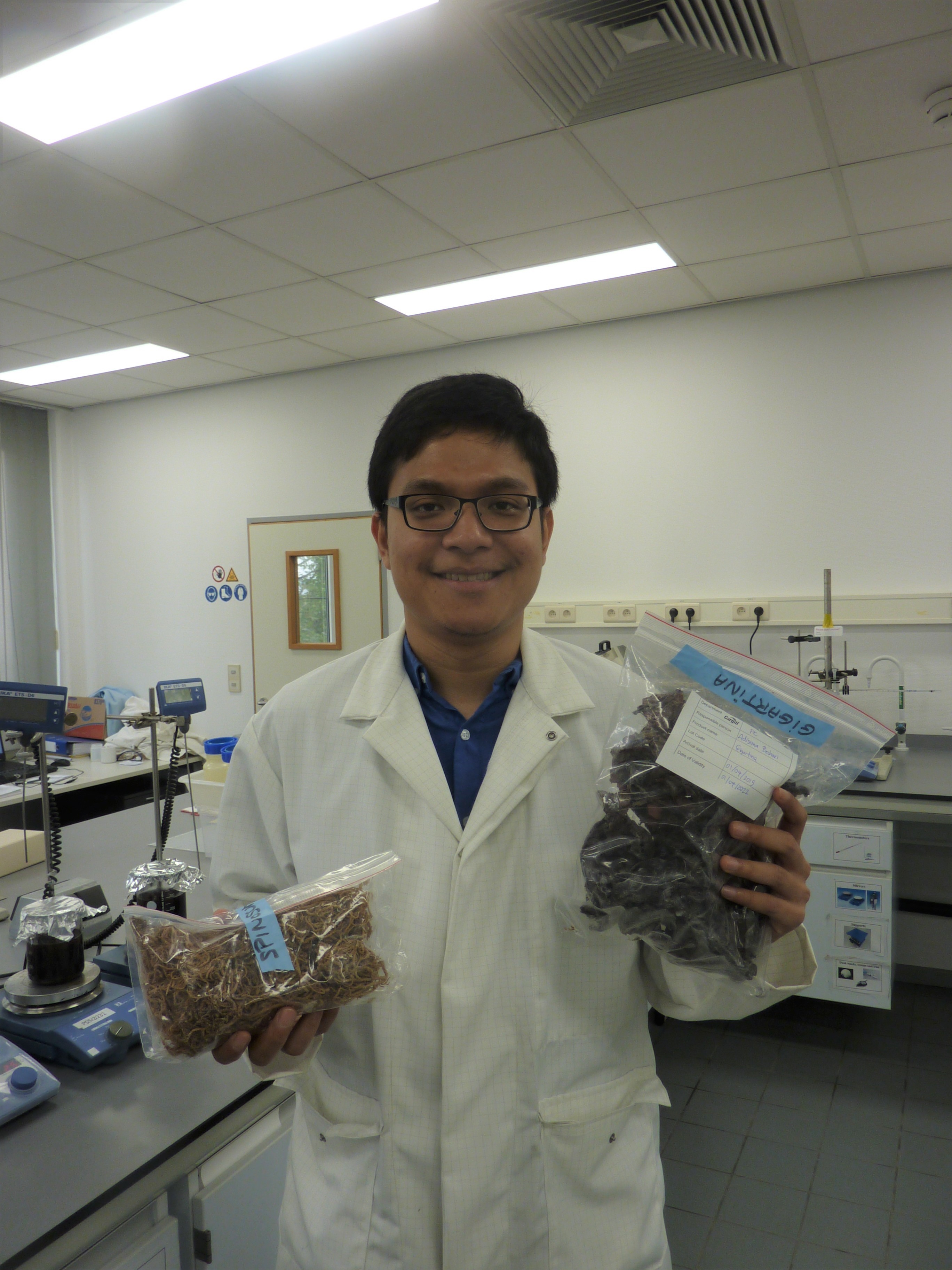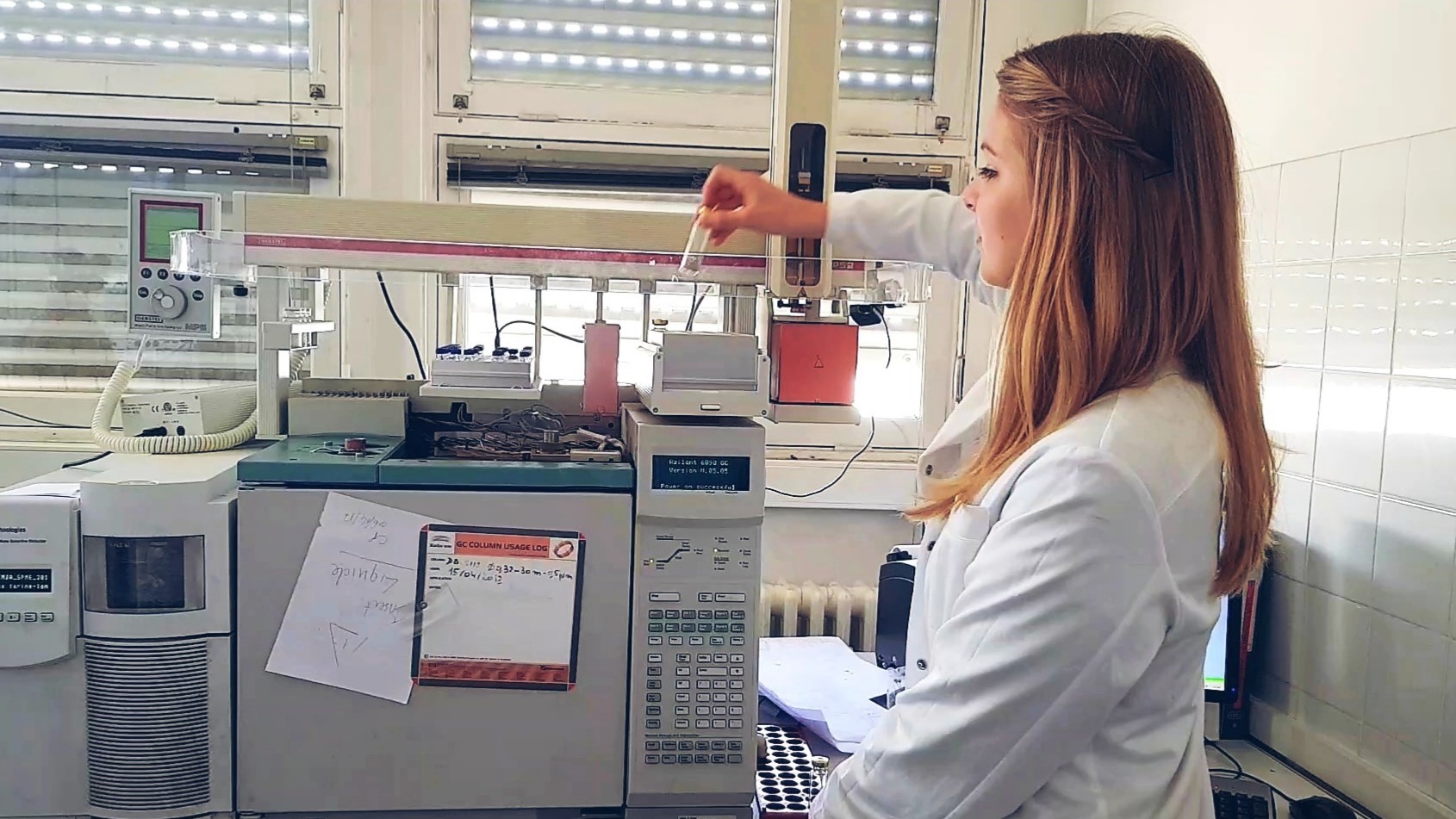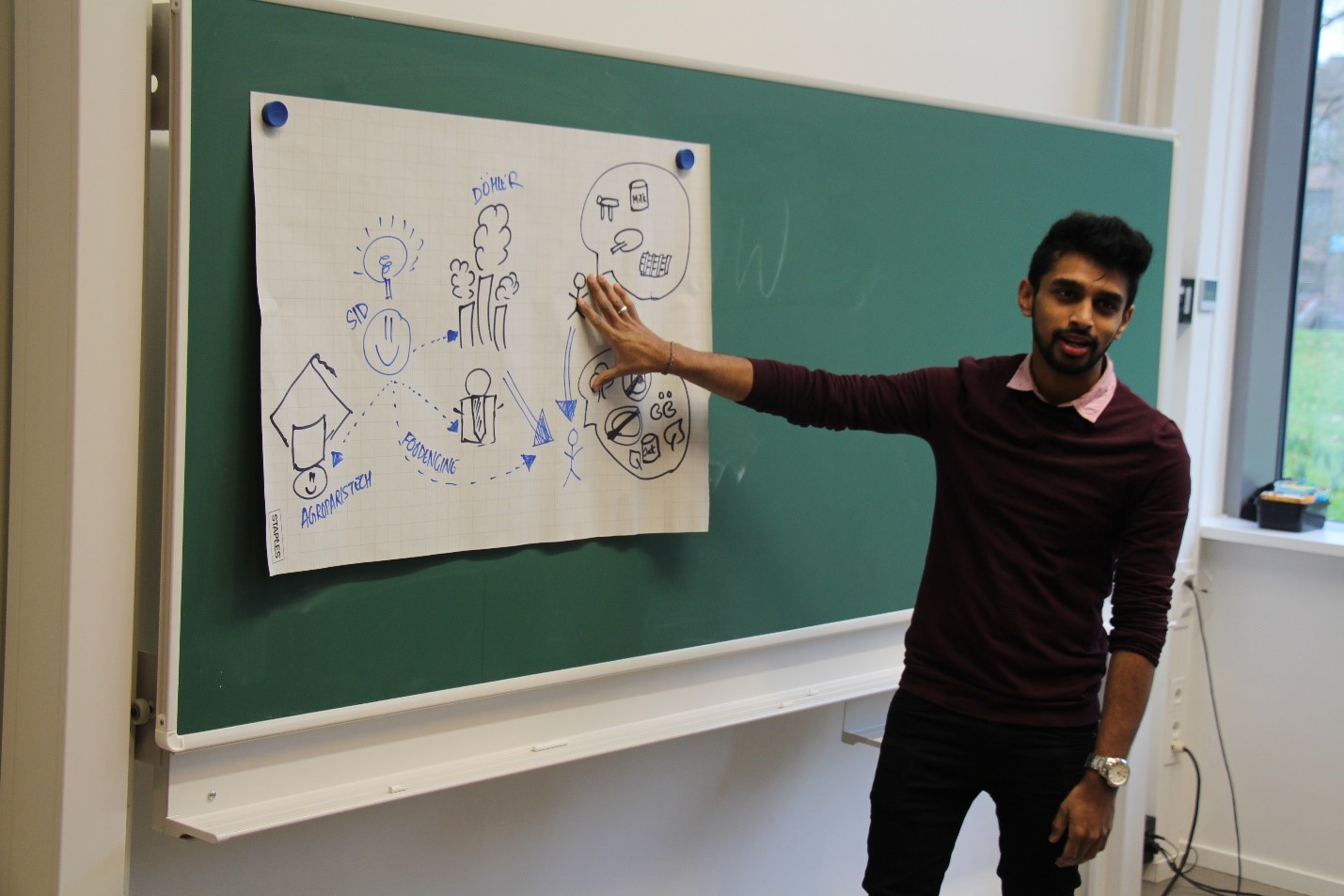My journey so far, as an ESR…
Before I moved to Germany and started this PhD, I was living in the happiest country in the world: Denmark. By that time, I was a newly graduate and was trying to figure out the next steps in my career. It turned out to be a PhD at Döhler in Germany. It was a difficult decision because I had to leave my friends and my “Danish family”, but it would be a great opportunity for my career.
When I first arrived in Germany, I had to use my old-preschool German skills “Wo ist der Zug nach Darmstadt?” which I did not expect. There, I realized I needed more language training immediately. First time shopping was a surprise, not just by the number and diversity of sausages I witnessed at the supermarket, but also by the ability of the cashiers in scanning five products per second.
When I first arrived at Döhler, to my surprise, research facilities and production site were both located in the city of Darmstadt to which I find awesome because you get to see the different ingredients production processes at once. One of the things that I like the most about my company is the cultural diversity. Even though my team is composed of mainly Germans, you can also find people from different parts of the world, including a small Spanish community. We gather every Wednesday for lunch and meeting up with them feels like I am closer to home.
Natalia Teribia, ESR 11 (Döhler GmBH / KU Leuven)
Blank
I remembered receiving the FOODENGINE call for application as I was preparing for my master’s thesis defense in Georgia, USA. I scanned down the list of ESRs and it was the last one that really caught my attention. Perhaps it was because of the host, Cargill R&D Center in Belgium, or the topic, Evaluation of Novel Seaweed Based Ingredient. Like most master students, I was not sure if I wanted to continue for a PhD or focused to work in the industry. But this opportunity, I thought was gold because it provides you with both worlds. I also come from Indonesia, one of the global seaweed production centers, so the topic is quite interesting for me.
I left for Belgium from Indonesia. The VISA process was seamless, as I was helped intensively from a relocation services company in Belgium. They also helped me to move to Belgium and looked around for apartments. This was not my first time being abroad for studies, and usually I looked for apartments by myself, so I was really grateful that this time I was helped.
Doing a PhD work in a company setting is different than in a university. There are more cross-field discussions with colleagues from other departments and you can immerse yourself to a broader applicable science. But do not forget about your own project! Because you will not feel the peer pressure of other students progresses.
Brussels is a comfortable place to start off my European Journey. I could not speak any of the major continental languages, but everyone here is able to speak English sufficiently. When I want to blow off steam after a long day of work, I stroll around the Grand Place. Its architectural beauty never gets boring and there are delicious waffles and frites nearby.
Adiguna Bahari, ESR 13 (Cargill / KU Leuven)

Natalia Teribia harvesting strawberries for her research in a farm near Dresden.

Adiguna Bahari with his seaweed samples at the Cargill R&D facilities in Belgium.
‘L’important, c’est d’essayer’: My passion for food science and pleasure for experimental work convinced me that a PhD was the best choice for me. Approaching the end of my Masters, I started applying to positions at home in Germany. But when I stumbled upon FOODENGINE, a program putting an exceptionally attractive emphasis on research with both industrial and academic involvement, I wondered: why not leave the comfort zone and consider doing a PhD abroad? No sooner said than done – I tried my luck and applied to the project that seemed to combine everything I wished for my PhD.
‘La vie est belle vs. c’est la vie’: I was invited to an interview, after which, to my big delight, I was selected! I moved to Paris – an incredibly beautiful city with one big challenge: French. With the few French words I remembered from school, I struggled through everyday life and the French bureaucracy, but luckily I could count on the help of my very welcoming team!
‘Une riche expérience’: My project got more and more defined and after some time of literature research I happily performed my first experiments. I presented my results during our FOODENGINE events, which revealed to be not only a great opportunity to discuss the project in a multicultural plenum, but also an enriching chance to meet up with the other PhDs. The combination of professional and team activities makes this program really unique and valuable – I love being part of it.
Svenja Krause, ESR 9 (INRAe / Cargill / KU Leuven)
Blank
‘’But you are Indian!’’, said my mother, worried how I would be able to manage working between German, French and Danish cultures during my PhD. Indeed her concern was valid, but having lived in four European countries, I have been quite intrigued by the difference in culture, traditions, beliefs and languages in Europe. And doing my PhD in such a multi-cultural environment was indeed an opportunity I was never going to miss. Every day I get to learn something new about my project in my program, and at the same time I have the opportunity to realize how the world is filled with amusing things to explore.
Being an ESR, as engaging and fascinating it can be, is also a challenging experience for me, since I was in a completely new environment where I had to learn a new language, make new acquaintances, meet new colleagues, work between different cultures, enjoy my personal time exploring the country, AND at the same time be able to deliver well in the scientific community with my research work and results. But if I had a choice between this and another opportunity, I would still always consider this program as there is so much to learn and so much scope for me to grow as a researcher and as an individual.
Another part of the ESR experience, which I personally appreciate is the outreach activities and workshops that we participate in, as well as the bi-annual presentations and discussions that we have along with our academic and industrial partners. Since I always cherish suggestions and ideas from others, such a platform gives me a boost in validating and valorizing my work and forming a strong network that I believe could last a lifetime.
Siddharth Sharan, ESR 12 (Döhler GmBH / INRAe / UCPH)

Svenja Krause performing one of her first experiments at INRAe.

Siddhart Sharan explaining his PhD in a minute during the Winterschool at KU Leuven.

 An integrated food quality research and training programme
An integrated food quality research and training programme